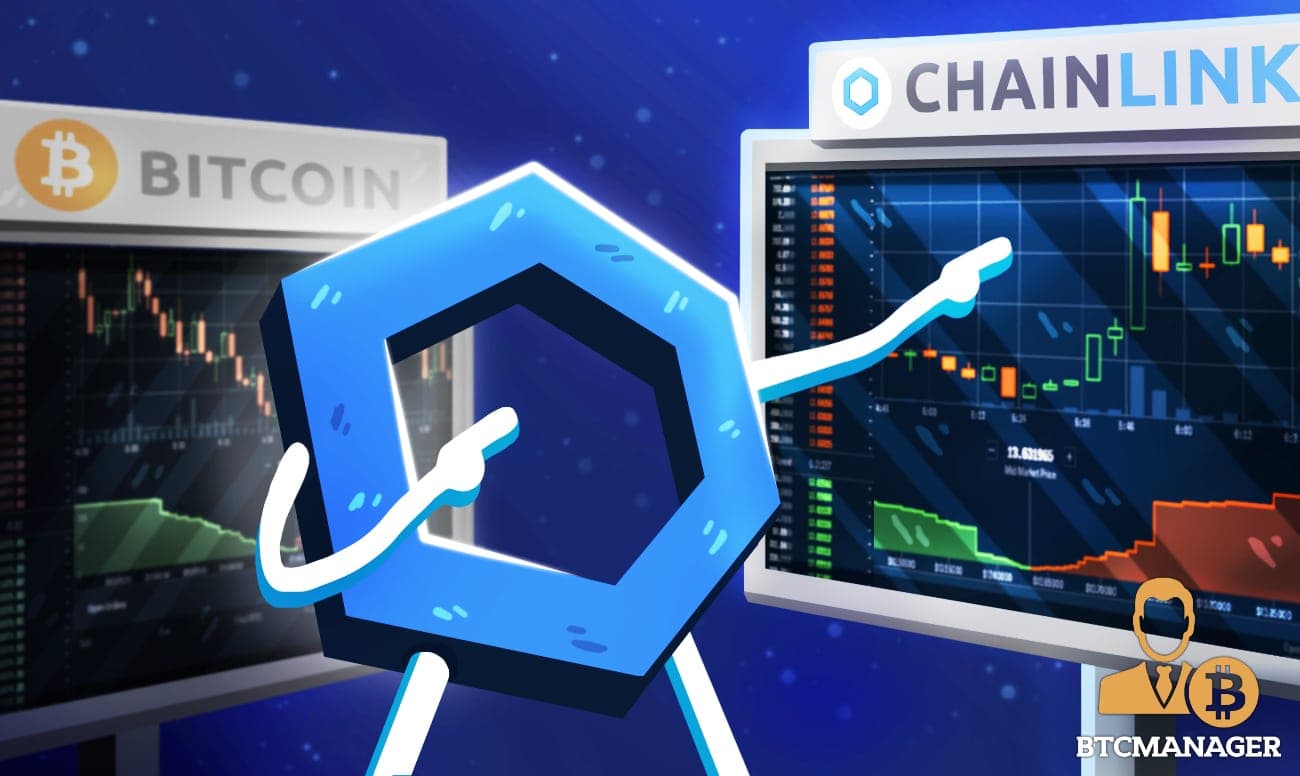Chainlink (LINK) Trading Volume Surges to Multi-Month High Amid Ecosystem Growth and Whale Accumulation

Chainlink's native token, LINK, has recorded its highest weekly trading volume in nearly a year, signaling heightened market activity and investor interest. According to a tweet by Marc Shawn Brown on August 26, 2025, the token's trading volume over the past seven days accounted for approximately 15% of its total volume over the last 180 days. This surge reflects a significant uptick in liquidity and engagement within the Chainlink ecosystem.
The substantial increase in trading volume coincides with a notable price rally for LINK. Reports indicate that the token experienced an 18% rise, reaching approximately $26.05, positioning it as a top performer among the leading 50 cryptocurrencies. This upward movement has been partly attributed to a broader bullish trend in the cryptocurrency market and specific protocol-level developments.
A key factor contributing to the volume surge is the ongoing Chainlink Reserve token buyback program. The Chainlink Reserve periodically acquires LINK tokens from the open market using protocol revenues, with a recent purchase of 41,000 tokens valued at roughly $1 million. This mechanism aims to support the token's value and align with the network's economic incentives.
Furthermore, on-chain analytics have revealed significant accumulation by large holders, commonly referred to as "whales." On August 18, 2025, an analyst noted that four addresses collectively acquired 580,995 LINK tokens, amounting to $13.86 million, indicating strong institutional or high-net-worth investor confidence. Such large-scale purchases often precede or accompany periods of increased trading volume and price appreciation.
The renewed interest in LINK is also underpinned by Chainlink's strategic advancements and growing adoption. The oracle network recently secured major security certifications, including ISO 27001 and SOC 2 Type 1 attestation, marking a significant milestone for a blockchain oracle platform. These certifications, alongside the expansion of its Cross-Chain Interoperability Protocol (CCIP) and Data Streams, aim to bolster trust and facilitate broader adoption among traditional financial institutions and decentralized finance protocols.